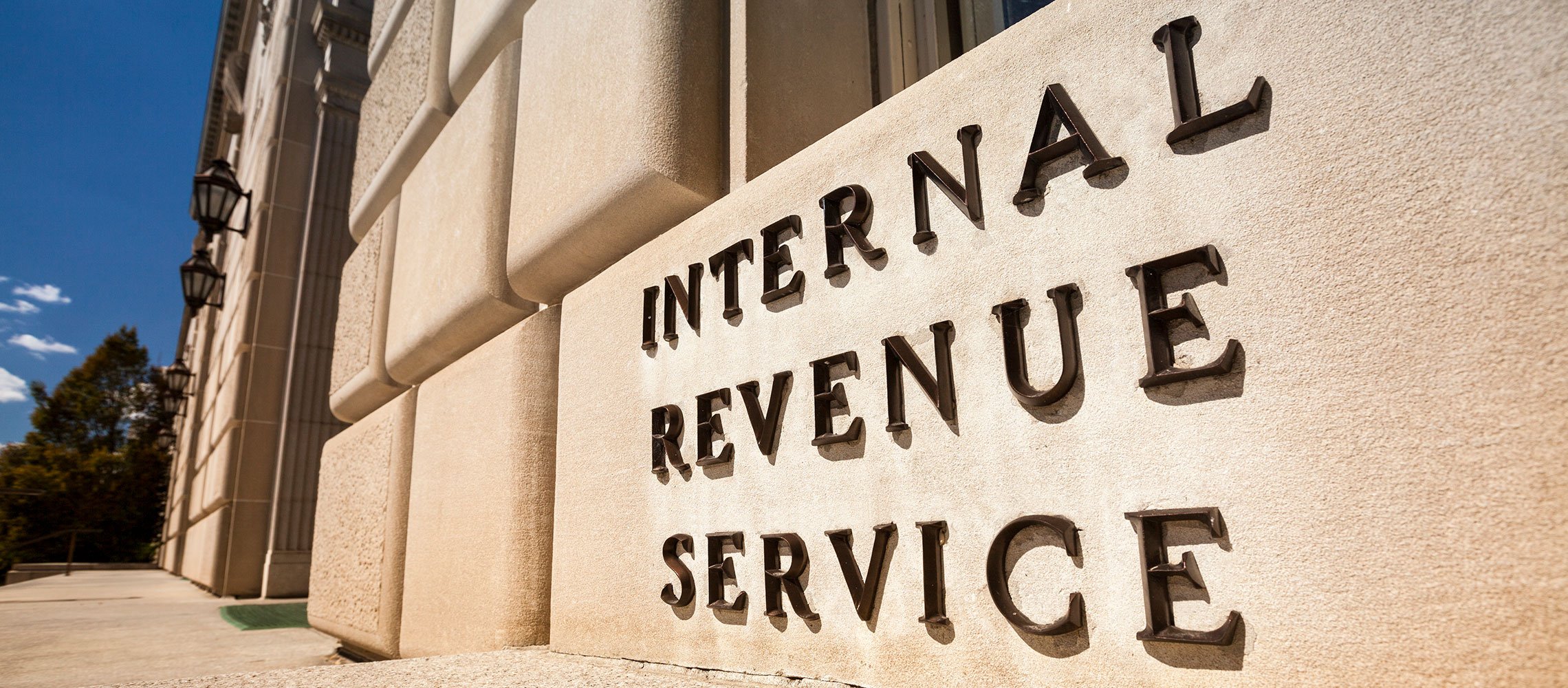Big New Changes for IRA Owners and Beneficiaries Due to COVID-19
Reading time: 2 Minutes
June 4th, 2020
If you’ve got an Individual Retirement Account (IRA), there have been a few recent, important rule changes that might benefit you, as a result of the Coronavirus Aid, Relief, and Economic Security (CARES) Act.
The CARES Act was signed into law in late March 2020, and aims to assist millions of Americans affected by COVID-19. Some of the act’s provisions apply to retirement accounts, and others extend tax filing and payment deadlines. Here are three big changes you may be interested in.
If you’ve been directly impacted by COVID-19, you are now allowed to withdraw up to $100,000 in aggregate from eligible retirement plans without paying the 10 percent early distribution income tax penalty. This type of withdrawal is called a Coronavirus-Related Distribution (CRD) and needs to have been made on or after January 1, 2020, and before December 31, 2020, by an individual who satisfies specific eligibility requirements under the CARES Act. See link below for additional details on CRD eligibility.
If you normally would have received a Required Minimum Distribution (RMD) in 2020 you are not required to take an RMD in 2020. The CARES Act waives the RMD requirement in 2020 for plan participants, IRA owners and beneficiaries. This waiver also applies if you turned 70½ in 2019 but did not take your first RMD before January 1, 2020 (see here for a quick guide on RMDs).
(One important note! In December 2019, a new law passed that changed the RMD age from 70½ to 72. If you turned 70½ by December 31, 2019, the deadline for you to receive your first RMD payment remained the same. But if you turned 70½ anytime in 2020 or later, the deadline for you to receive your first RMD payment is now April 1st following the calendar year in which you turn 72.)
For purposes of counting the five-year period for beneficiary distributions, 2020 is disregarded and one year is added to the remaining period. And if you do take a distribution on or after February 1, 2020—that is now not considered an RMD because of the waiver—it may be rolled over to another eligible retirement plan or to another IRA before the latter of July 15, 2020, or within 60 days of the distribution.
The third big change is that the IRS is now giving taxpayers until July 15, 2020, to file their federal income tax returns and make required tax payments. The deadline for making IRA contributions has also been extended to July 15, 2020.
You can read the following articles to get more detailed information, but you’ll also want to consult with your tax advisor for additional guidance.
New Coronavirus Law Provides Retirement Plan and Healthcare Relief
Recent IRS Notices Extend Many Tax-Related Deadlines
You're about to exit BOH.com
Links to other sites are provided as a service to you by Bank of Hawaii. These other sites are neither owned nor maintained by Bank of Hawaii. Bank of Hawaii shall not be responsible for the content and/or accuracy of any information contained in these other sites or for the personal or credit card information you provide to these sites.
